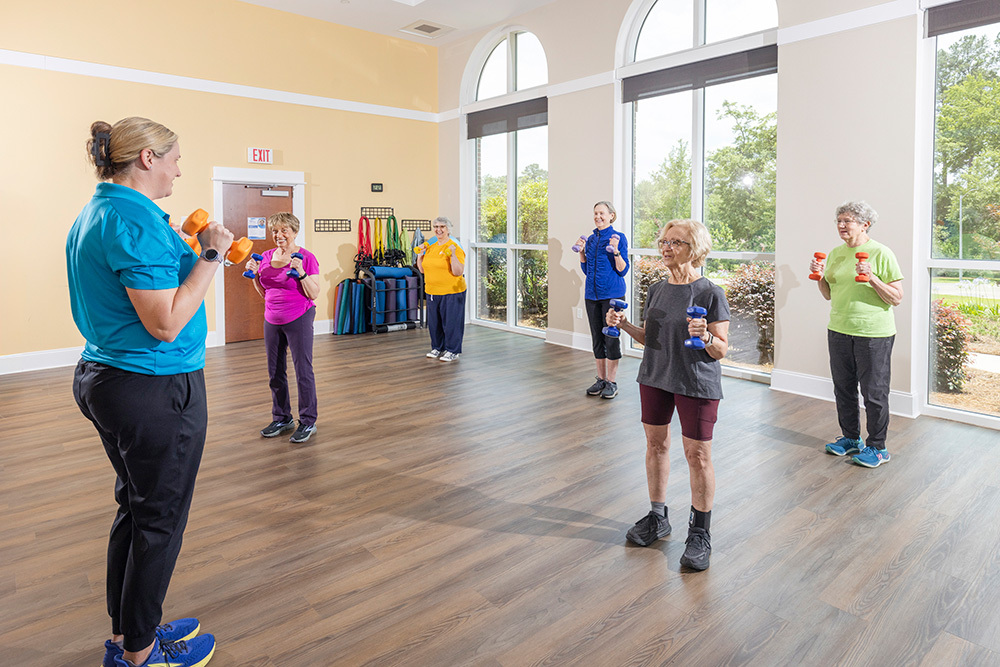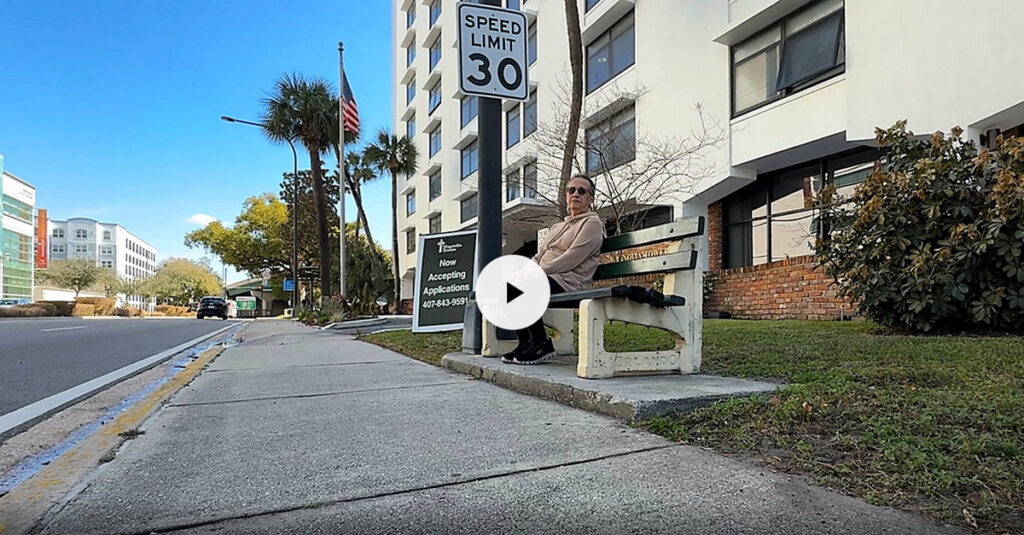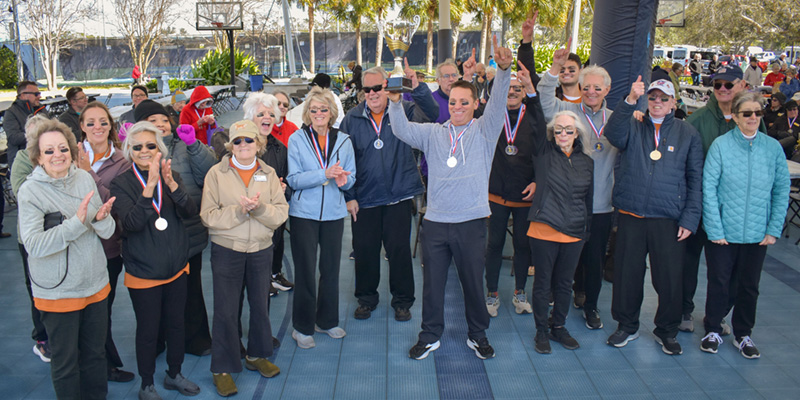





Whether you’re an active older adult looking to downsize or you’re beginning to need support with daily living, understanding your senior living options in Florida is the first step to making a confident, informed decision. We helped guide thousands of seniors and families through this process and compiled our expertise in this comprehensive guide.